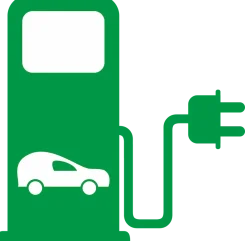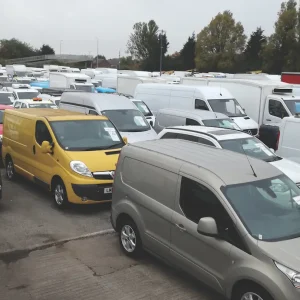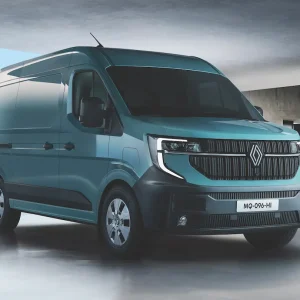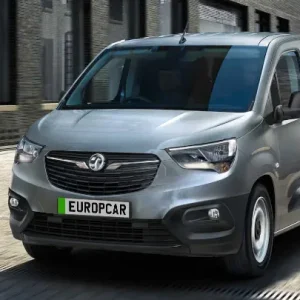
Halving the cost of VAT on EV purchases plus reducing the tax on public charging points would help to drive up demand for the vehicles, according to the Society of Motor Manufacturers and Traders (SMMT).
Speaking at the SMMT Electrified conference in March, SMMT chief executive Mike Hawes claimed such measures would boost EV sales by more than 15%.
Fellow speaker, Lilian Greenwood, minister for the Future of Roads at the Department for Transport (DfT), said the government was “looking at all issues” concerning charging costs.
Greenwood added: “We want to make sure it’s affordable for everyone,” but stopped short of pledging a cut to VAT rates.
She stressed, however, that the government remained committed to clean energy.
“The transition to electric vehicles is not a nice to have, but essential,” she said.
It was acknowledged though, that customer demand for electric vehicles is falling short of the timetable for transition set out in the government’s zero-emission vehicle (ZEV) mandate (the conference occurred before the government announced mitigations for the mandate, although the headline targets remain in place).
Electric van sales grew to 8.3% of the total in the first three months of the year, up 36% year-on-year, but this remained well short of the 16% called for in the mandate for 2025.
“A 150% increment is the challenge for vans this year,” said Hawes.
Alison Jones, senior vice president of Global Circular Economy for Stellantis, argued that inadequate charging provision was the main factor holding back EV adoption.
“We have the technology, we need the infrastructure,” she said.
Other factors such as the war in Ukraine pushing up energy and raw material costs were also blamed for hitting demand for EVs.
Hawes said there had been an assumption from the government that the price of electricity would come down and EVs would reach price parity with ICE vehicles, but he said: “The mandate is not delivering in the way it was intended,” with consumers failing to buy electric vehicles in sufficient numbers.
Lisa Brankin, MD of Ford of Britain and Ireland, concurred.
“Demand for electric vans is not at the level the government has set,” she said.
“If we don’t get [the] demand it will have an impact on manufacturers’ dealer networks and infrastructure.”
Brankin said that Ford, through its Pro Charging scheme, was supporting LCV fleets to establish depot charging facilities and helping SMEs and sole traders to set up home-charging points.





